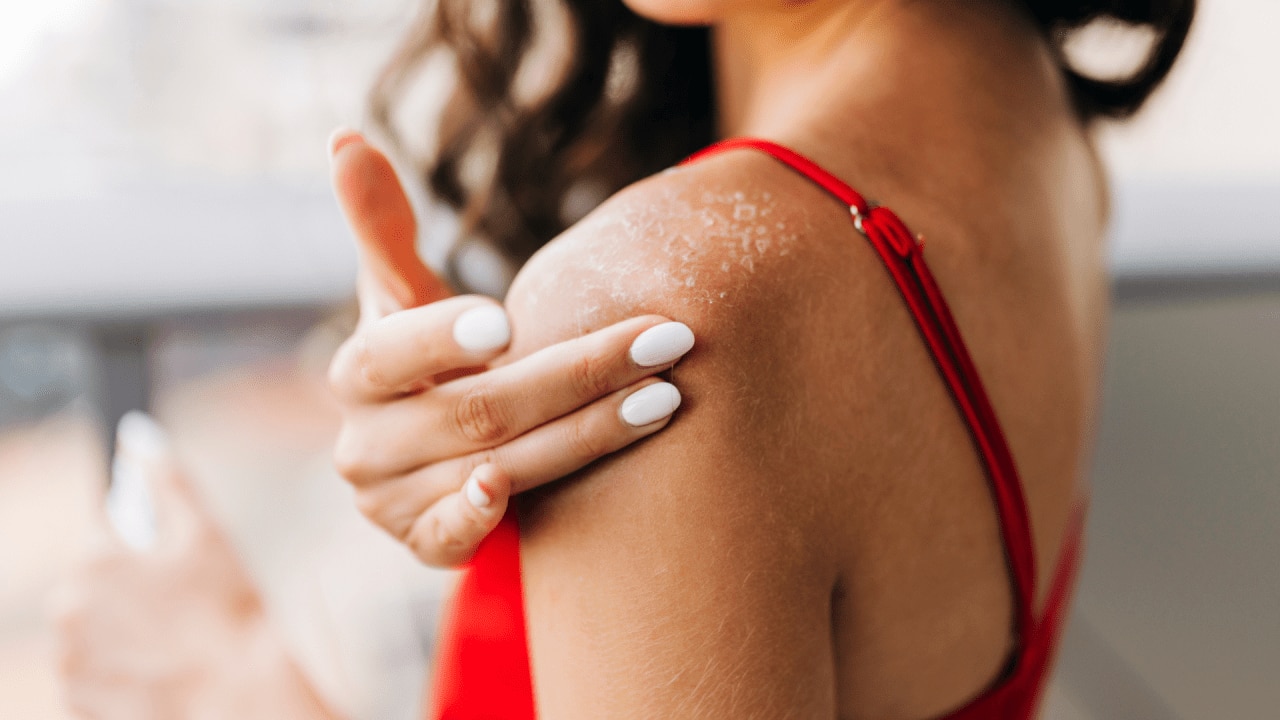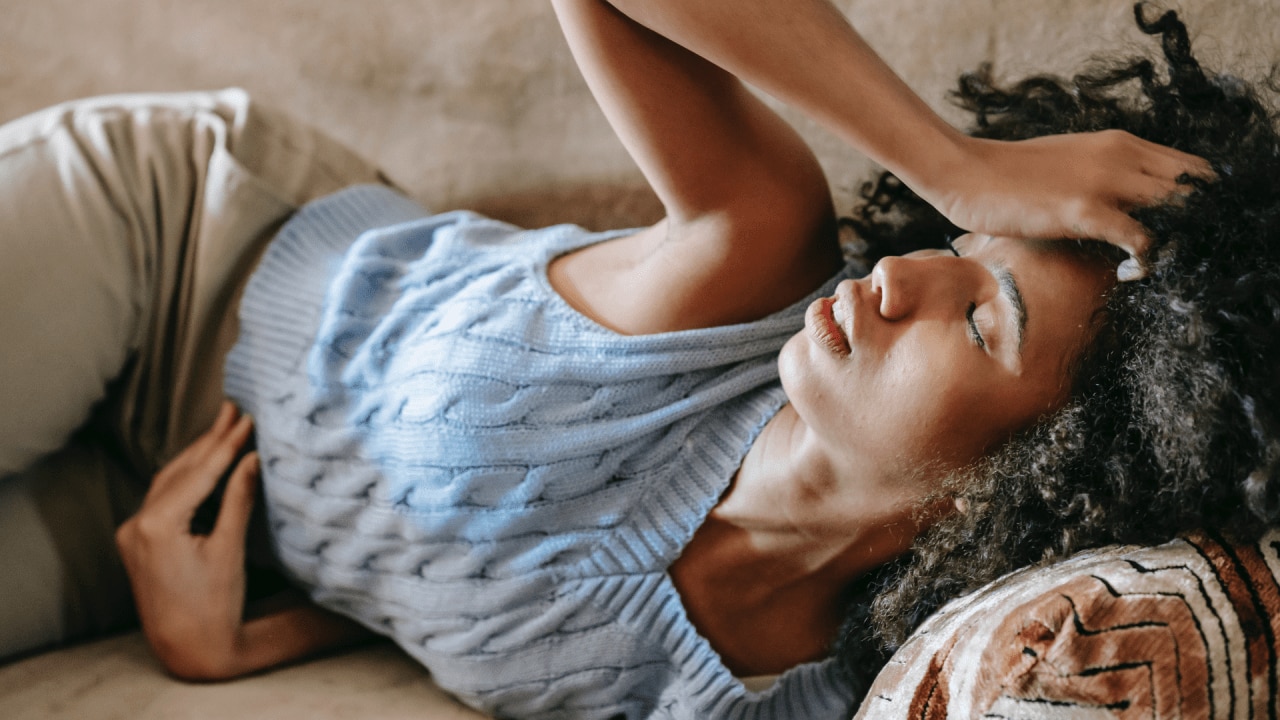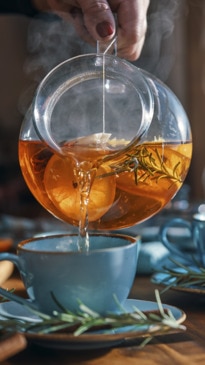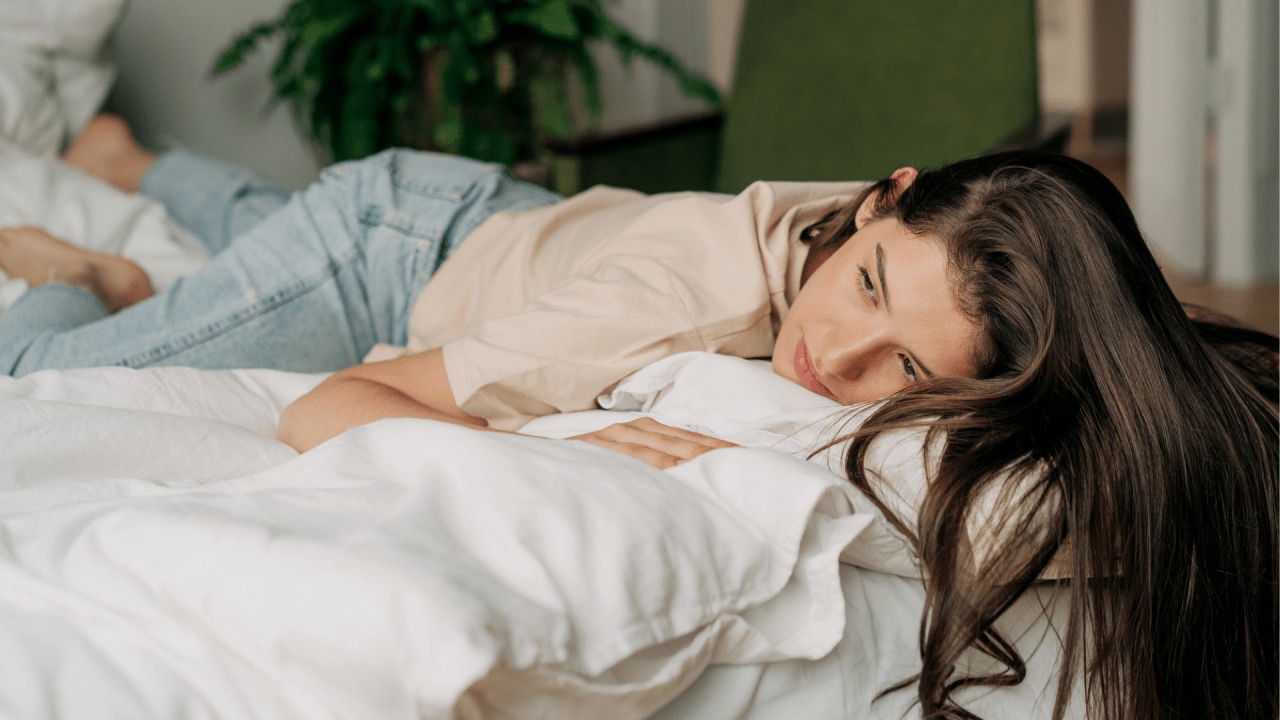
If you’re feeling more sombre than usual this time of year, you might be experiencing the effects of Blue Monday. Here’s everything you need to know about this mid-January phenomenon.
After another back-to-back festive season, many of us were left eagerly anticipating the opportunity to reset for the fresh year ahead, setting goals and targets with renewed purpose and optimism. But, as our steadfast diets and vigorous training goals begin to wane in light of, well, life, some of us may be left feeling more than a little blue.
January 15th marks the halfway point in a month dedicated to excelling in our New Year’s resolutions. It’s also known as Blue Monday, a day dubbed by many as the ‘saddest day of the year’. But, how legitimate is this concept, and is it all that wise to attribute our feelings of overwhelm and gloom to a single day of the year?
Jacqui Manning is the resident Psychologist at Connected Women, an organisation that facilitates friendships for women over 50 through a range of online and in-person events. Here’s what Manning has to say about the Blue Monday phenomenon, and how to avoid feeling overwhelmed by the new year’s rejuvenated expectations.
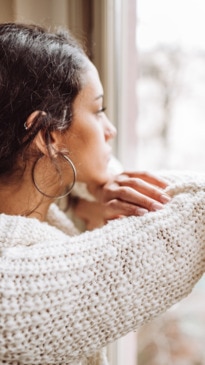
Like what you see? Sign up to our bodyandsoul.com.au newsletter for more stories like this.
Is Blue Monday a legitimate thing?
First of all, unlike the Vogue Online Shopping Night, or the day off in honour of the sovereign’s birthday, Blue Monday is not technically a real date we need to be marking in our calendars.
Similar to how Valentine’s Day and Mother’s Day were strategically created to sell chocolates and discount candles, it can be argued Blue Monday only exists thanks to a savvy marketing team to manipulate our collective desire for purpose through materialism.
But, just because this man-made annual event isn’t as palpable as say, Christmas, doesn’t mean it shouldn’t stand as a reminder of how important it is to check in on the mental health of ourselves and our loved ones around this time of year.
“In times of demanding social engagements and work commitments, it’s common to overlook investing in our well-being,” says Manning.
“During hectic periods our self-care practices can take a back seat, but it’s precisely during these times that we need them the most. Engaging in activities that bring joy, practising mindfulness, and ensuring adequate rest are integral components of maintaining a healthy mental state,” she adds.
The most common causes of Blue Monday
Across the globe, the collective drop in morale around this time of year has been routinely chalked up to seasonal affective disorder, a type of depression dictated by a change in season. But as we southern hemisphere folk lap up another summer of sunshine, blaming our mid-January blues on the weather feels a little farfetched.
Alas, while our inherent impatience can leave us feeling disappointed with the lack of goal progression we’ve managed to pull off in a fortnight, there are other ways the beginning of a year can leave us feeling overwhelmed.
“A new year is often filled with high expectations, reflection, and new year resolutions,” Manning says. “As a new year unfolds, it often prompts individuals to assess the past year, which can be difficult if you feel that you haven’t achieved everything you wanted to.”
It’s never too late to reassess your goals
According to Manning, feelings of disappointment and resentment are often unavoidable when it comes to long-term goal setting. The best approach? Embark on your New Year’s resolutions with flexibility and self-respect to avoid hitting a wall by mid-January. After all, feeling chained to a timeline is so 2023.
“It is crucial to acknowledge that the process of adhering to resolutions can be more challenging than making them, and individuals should be reassured that encountering difficulties along the way is a natural part of the journey,” says the psychologist.
In addition to a flexible approach, it’s important to set yourself up for success at the beginning of the year with realistic and achievable goals and targets, “Break down larger goals into smaller, manageable steps, making them more attainable and less overwhelming,” Manning suggests.
The psychologist also urges us to consider focusing on the process of achieving our goals, rather than solely the outcome, “This approach not only provides a more nuanced perspective on success but also fosters a sense of accomplishment throughout your pursuit,” Manning says.
Manning’s tips for getting back on that 2024 horse
If you’ve hit a wall with your 2024 goal progression, or are perhaps feeling the delayed effects of fuelling your body with nothing but Christmas pudding, Prosecco and minimal sleep for the last six weeks, it’s more than natural to be feeling a little out of sorts this week.
Here are Manning’s three simple tips to refocus your attention on your well-being and find a long-overdue moment of tranquillity.
#1. Prioritise self-care
“Dedicate time for daily self-care activities, recognising them as crucial moments to nurture your well-being,” she says, suggesting a range of mindfulness activities such as a refreshing dip in the ocean to rejuvenate your senses, a leisurely walk alone, or an at-home facial for a rejuvenating boost.
#2. Foster friendship
“These are the times when we need a breather and break from family chaos, and a get-together with friends to debrief about the festive period can be just what you need,” she says. “If making new friends is among your New Year goals, consider exploring local events and groups in your area as a starting point.”
#3. Sleep, sleep, sleep
“During sleep, the body undergoes essential processes for recovery, including the restoration of energy levels, consolidation of memories, and physical repair,” explains Manning. “Lack of sufficient sleep can lead to a range of issues, including impaired cognitive function, decreased immune function, and heightened stress levels, so it’s vital that you rest up.”
